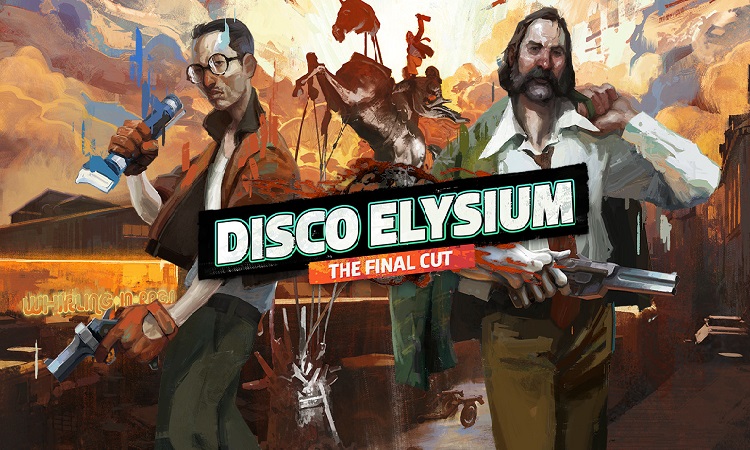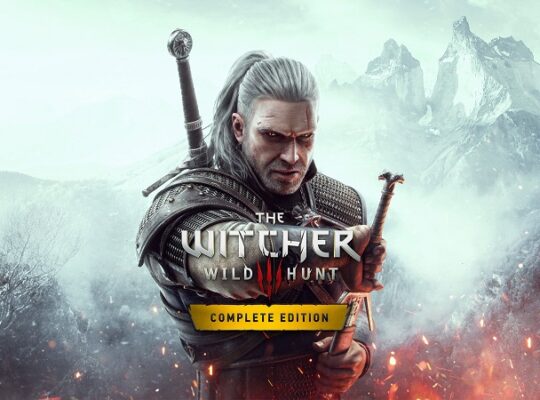Crusader Kings 3 is one of the grandest and most satisfying strategic efforts on the market. The sense of achievement that comes with pulling off a seemingly impossible task like inciting a holy war or outsmarting a particularly tenacious foe is almost overwhelming.

Just like its PC brethren, it’s not for the casual crowd. It takes time to master as you grease wheels, impresses guests, terrify vassals, seduces heirs, and discipline children.
Characters
Crusader Kings 3 is a game of relationships and power struggles. It models the way pressure can make a good person do bad things, or go stark raving mad and lose their ability to govern at all.
Each landed character has a court, which contains family members, knights, lovers, and courtiers. They all work together to shape a realm’s reputation.
Each court position has a special effect on the well-being of the kingdom. Each has a unique role, with the bonuses provided depending on their Aptitude and trait skills. For instance, a chancellor’s Fabricate Claim mission reduces the risk of revolts while Sowing Dissent boosts opinion in the province, and a Marshal’s Martial attribute increases military tech growth.
Campaigns
There are several interesting rulers to play as in Crusader Kings 3. Each starts with significant amounts of land and wealth, but most come with unique challenges or goals.
For example, the Count of Boulogne can help lead the First Crusade and conquer Jerusalem. You’ll have to do some serious Machiavellian realpolitik, but it could pay off.
The Count of Santiago is another interesting character to play. He’s a powerful vassal of the King of Spain and can create one of the most influential dynasties in the world. He also has the option to convert from Catholicism to a form of Protestantism, which gives him an advantage in the later game.
Maps
If you think of Crusader Kings as a game in which numbers and war are everything, you’ll be surprised at how much this latest entry focuses on the role play, intrigue and whimsy of running an early medieval dynasty. It’s a swirling vortex of relationships, tradition, violence, and wealth, with plenty of ways to influence all of it by putting the right machinations in place.
The intrigue system has been refined and given a significant boost through the addition of hooks, which allow a character to owe or resent you for different reasons. Building up a pool of these can influence tons of things, from changing a vassal’s taxes to convincing someone to marry you.
The game’s world map has also been expanded, with kaleidoscopic provinces stretching from Iceland to Nigeria to Tibet. Diverse terrain and unique geographical quirks help give each area its flavor and introduce some welcome tactical wrinkles to fights.
Turn-based combat
This turn-based strategy game takes place in the European Middle Ages and is famous for its backstabbing, intrigue, and deathmatch features. It also has a strong story that depicts the cost of war and betrayal.
While a bit more frantic than the Total War games, this one still has some great turn-based combat that makes it fun to watch your units fight each other. It’s also easy to keep up with all the battles and sieges going on at once thanks to its side menu.
The best part is that your troops, ruler, and court all age over time – this gives you some real stakes in each battle as it affects their quality. It’s especially fun to see your heir leading your troops into battle against the French or Germans.
Strategy
Crusader Kings III is a grand strategy game that immerses players in medieval politics, warfare, and intrigue. The game features a massive world to explore, modding support, and countless hours of gameplay. Its expansive scope and depth make it a gem worthy of a 9/10 rating.
Warfare in CK3 doesn’t operate with the gung-ho immediacy of modern war games, and you can’t just declare war on anybody. Instead, you must first draft a “casus belli” to start a conflict.
Your stewardship determines how much money you can collect without upsetting people, and your intrigue determines whether you can run murder and kidnapping schemes, fabricate hooks on characters, or manipulate others in general. It’s important to balance these two things — but even more so, it’s essential to play the long game.
















